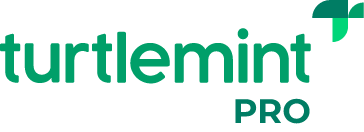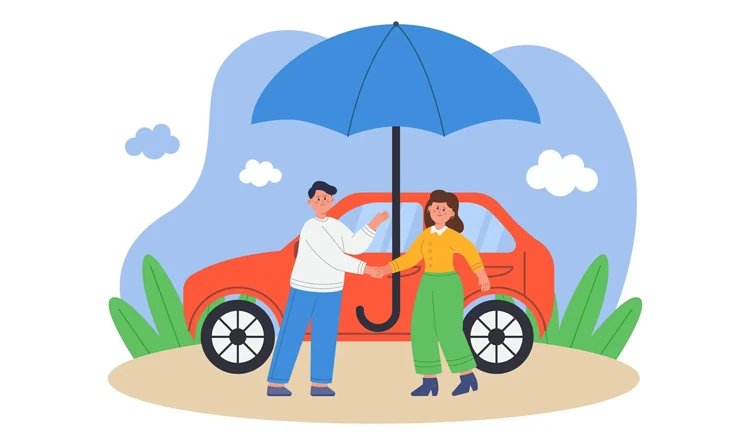
When it comes to filing income tax returns, there are a lot of queries which people face. They don’t understand the tax treatment of some incomes or whether they can claim exemption of certain expenses or the level of deductions applicable, etc. After all, tax is a technical concept and understanding its nitty-gritties can be a challenging task. Among the various queries that people have, here are the most common and complex queries resolved –
Query #1 – Can an individual claim Section 80C deductions for life insurance premiums paid for his/her adult children?
Section 80C is quite popular as it allows tax payers to reduce their taxable incomes by up to INR 1.5 lakhs through various investments and expenses. One such investment which saves tax under Section 80C is the premium paid towards a life insurance plan. While many know that the premiums paid for self are allowed as a deduction under Section 80C, what about the premium payable for other members of the family?
Section 80C allows premiums payable for self, spouse and children to be eligible for deduction. The child can be an adult or a minor but if the tax payer is the policyholder, i.e. the one paying the premium, he/she can claim deduction on the premium paid on the life insurance policy of his/her child.
Query #2 – When selling real estate property, who would pay TDS and why?
In case of sale of a real estate property, if the consideration for sale is more than INR 50 lakhs, the person buying the property is required to deduct TDS from the sale proceeds @ 1%. TDS deduction is mandatory and the buyer should deduct TDS and pay the remaining amount to the seller. If, however, the seller’s income tax liability is lower than the TDS deducted, he/she can claim refund for the TDS deducted at the time of filing his/her return.
Query #3 – In case of ELSS mutual funds how is Long Term Capital Gains Tax (LTCG) applied and how does it impact the investor?
Equity investments now attract Long Term Capital Gains (LTCG) tax if they are sold after 12 months. Since Equity Linked Saving Scheme (ELSS) is an equity related investment with a lock-in period of 3 years, the returns generated from the scheme would attract LTCG tax. The rate of tax is 10% and it would be applicable only if the equity returns (from all sources) exceed INR 1 lakh. The tax would be calculated on the amount of gain exceeding INR 1 lakh. So, if the investor has equity income of INR 2 lakh, tax would be payable only on INR 1 lakh @10% which is INR 10,000.
The impact of taxation on ELSS returns is that the investors would lose out on the returns which they can earn.
Query #4 – How much deduction can be claimed if health insurance premium is payable for two parents, one is below 60 years of age and the other is above 60 years of age?
Under Section 80D of the Income Tax Act, health insurance premiums paid for senior citizen parents can be claimed as a deduction up to INR 50,000. However, if the parent is not a senior citizen, then the additional deduction which is available is up to INR 25,000. If the age of the parents differ such that one parent is a senior citizen while the other is not, it is better to buy a separate family floater senior citizen health insurance plan for both parents. Since family floater plans calculate the premium based on the age of the eldest member, the parent who is the senior citizen would be considered when calculating the premium of the floater policy. Though coverage would be allowed for both parents under the plan, deduction can be claimed up to INR 50,000.
Though tax queries can be a bit complicated, a little knowledge can give the solution. So, be informed and be educated so that you can educate your customers too when they face a tax related query.








